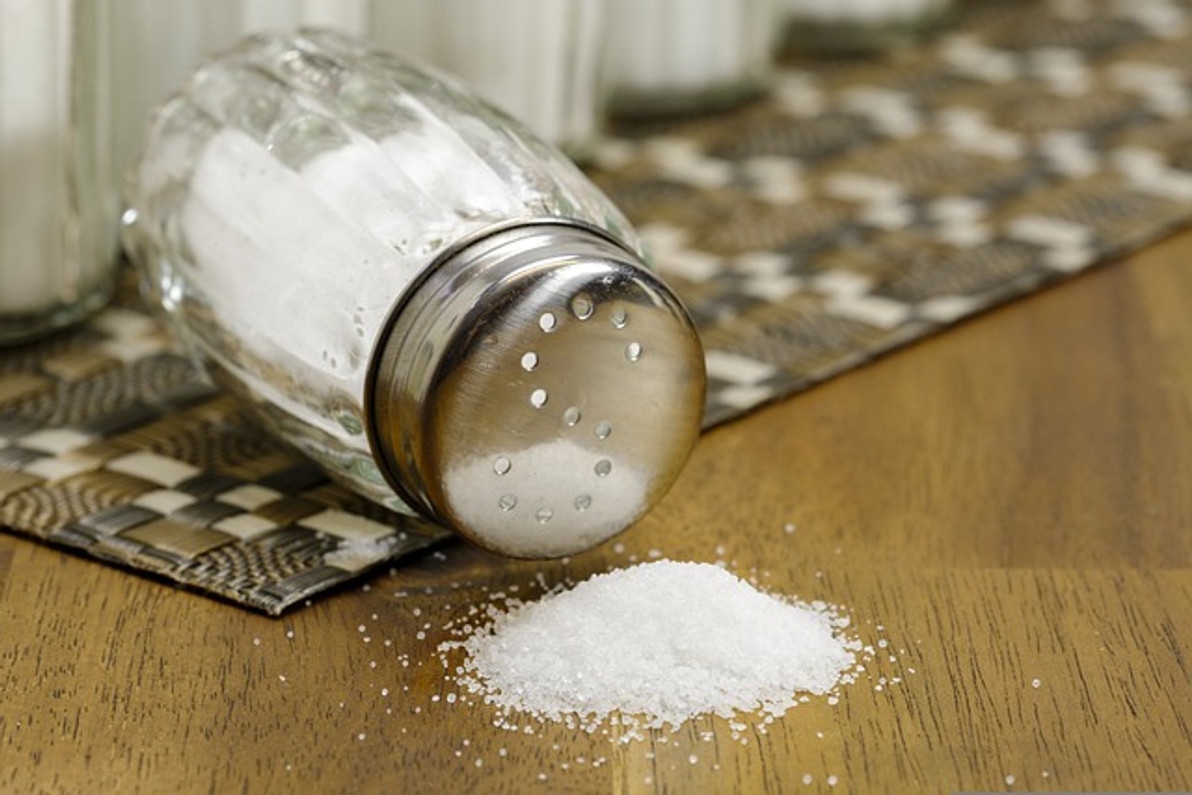The Link Between Salt and Heart Disease
How much salt do you consume in a typical day? According to the U.S. Food and Drug Administration (FDA), most Americans consume roughly 3,400 milligrams of salt per day. As an essential nutrient, our bodies need salt to stay healthy. But you should avoid consuming too much of it. Diets high in salt have been linked to an increased risk of heart disease.
Water Retention
Salt can contribute to heart disease via water retention. It encourages our bodies to retain more water. Rather than being flushed out, water will accumulate. All of this extra water can raise your blood pressure.
Blood pressure, of course, will directly affect your heart health. High blood pressure is one of the biggest factors for heart disease. It will damage your arteries by making them more rigid and less elastic. As your arteries become less elastic, they won't be able to flex. The end result is a greater risk of heart disease.
All About Blood Pressure
Salt can have other adverse effects on your health, such as an increased risk of kidney stones and calcium loss. Nonetheless, the main reason it's bad for your heart involves blood pressure. Consuming too much salt will encourage water retention, which then leads to higher blood pressure.
Tips to Lower Salt Intake
For a healthier heart, you should consider lowering your salt intake. Avoid adding table salt to foods. Whether you're making a sandwich or cooking a roast, you probably don't need to saturate it in salt. Salt may add flavor, but it comes at the cost of an increased risk of heart disease.
Rather than using table salt, consider using spices or herbs to season foods. From oregano and thyme to chili powder and garlic, there are dozens of delicious spices and herbs available. You can use them to season foods without relying on blood-pressure-inducing salt.
Keep in mind that sodium has the same impact on your heart as salt. There are plenty of foods that are loaded in sodium but have little or no table salt. You should limit the consumption of high-sodium foods such as these to protect against heart disease.
Plan your meals around fresh foods. Fresh foods almost always have less salt and sodium than frozen foods. Frozen foods require salt and sodium for preservation purposes. They may last longer than fresh foods, but frozen foods are loaded in salt and sodium.
Recent Posts
-
Fire Safety in the Workplace: What You Need to Know
What steps are you taking to prevent fires in your workplace? According to the U.S. Occupational Saf …Aug 23rd 2023 -
Is It Safe to Go Jogging With a Cold Infection?
If you're suffering from a cold infection, you might be wondering whether it's safe to go jogging. T …Aug 22nd 2023 -
5 Safety Tips to Follow When Using a Powder-Actuated Tool
Powder-actuated tools are commonly used to join materials to steel and concrete. Also known as Hilti …Aug 20th 2023




